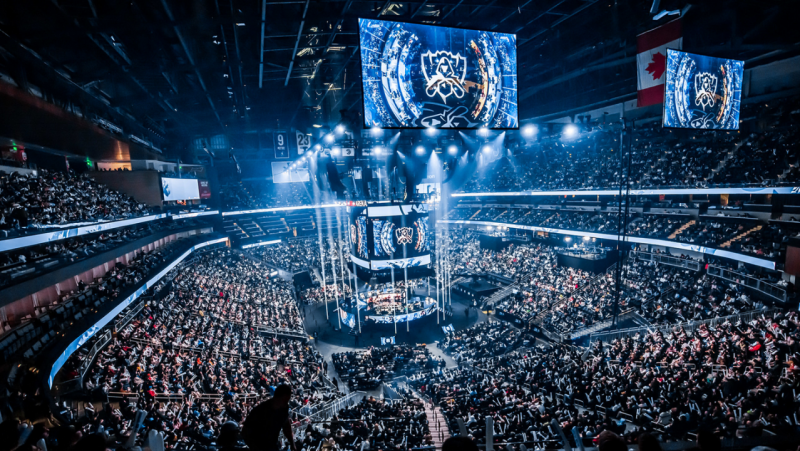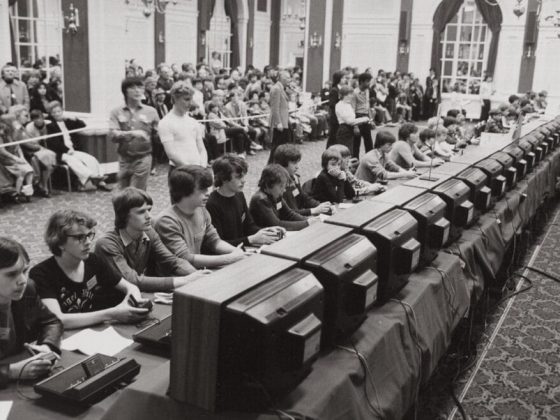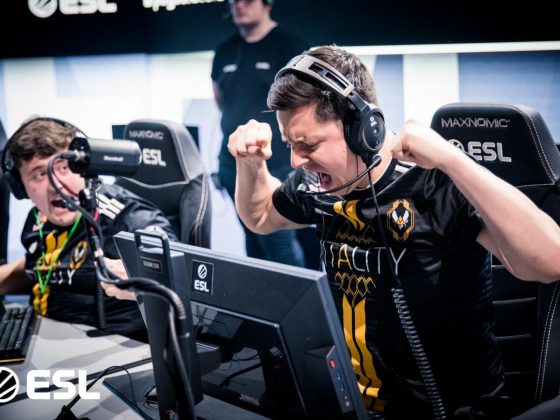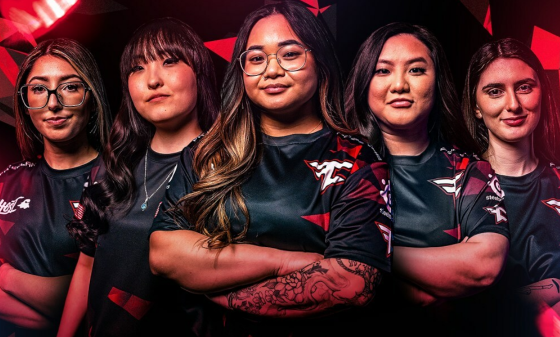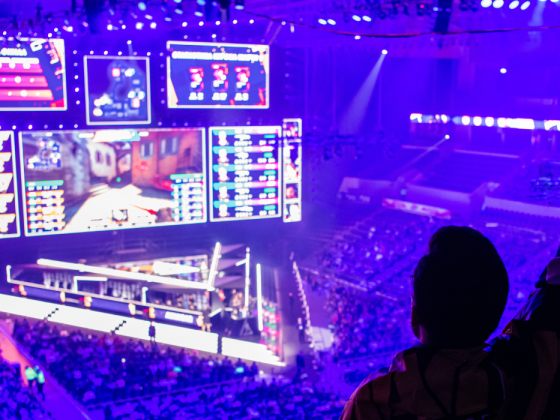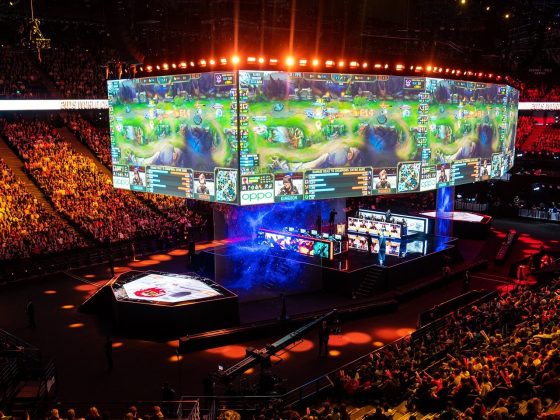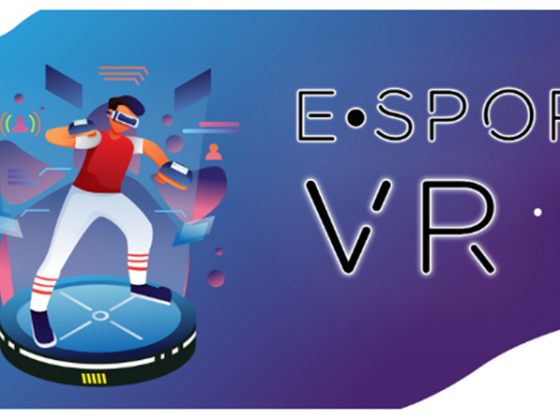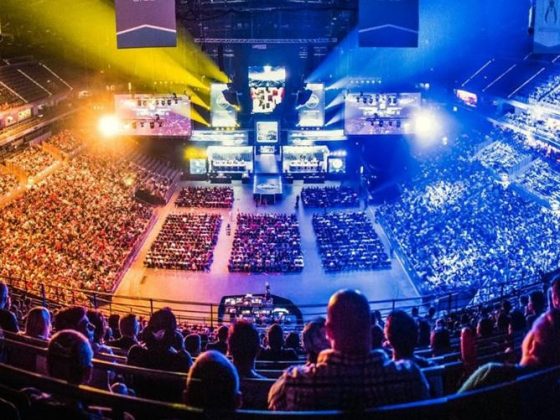In recent years, eSports has evolved from a niche subculture into a global phenomenon, captivating audiences, and generating substantial revenues. The transformation of competitive video gaming from basement pastime to a billion-dollar industry is nothing short of remarkable. At the heart of this evolution lies the influence of sponsorships and investments, which are reshaping the landscape of eSports in unprecedented ways.
The eSports Boom
eSports, short for electronic sports, refers to competitive video gaming at a professional level. It involves players and teams competing in various video game titles, often in front of live audiences and streaming to millions online. The growth of eSports has been astronomical, with viewership figures rivaling traditional sports events. Major tournaments like The International (Dota 2), League of Legends World Championship, and the Fortnite World Cup offer prize pools that can reach tens of millions of dollars.
The Role of Sponsorships
Sponsorships play a pivotal role in the eSports ecosystem. Professional teams, players, and tournaments heavily rely on sponsorships to fund their operations and prize pools. These sponsorships come from a wide range of industries, including technology, energy drinks, apparel, and more.
- Branding and Exposure: Sponsors gain exposure to a highly engaged and often young demographic. The eSports audience is known for its tech-savviness, making it an attractive market for companies looking to establish a digital presence.
- Crossover Appeal: eSports sponsorships also enable companies to tap into the gaming culture. Cross-promotions, limited-edition products, and in-game advertising have become common ways for sponsors to connect with gamers.
- Team Sponsorships: Many eSports organizations have secured lucrative deals with major brands. For example, Team Liquid is sponsored by Alienware and Marvel, while Fnatic partners with BMW. These partnerships not only provide financial stability but also elevate the status of eSports as a legitimate sport.
- Player Sponsorships: Star players like Faker (League of Legends) and Ninja (Fortnite) have personal sponsorships with companies like Nike and Red Bull. These endorsements highlight the individuality and marketability of eSports athletes.
The Influence of Investments
In addition to sponsorships, investments have flooded into the eSports industry. Venture capitalists, traditional sports franchises, and celebrities have recognized the potential for growth and profitability in eSports. Here’s how investments are changing the game:
- Franchise Leagues: Games like Overwatch and Call of Duty have adopted franchise league models, similar to traditional sports leagues. This structure has attracted investment from sports team owners who see long-term potential in eSports.
- State-of-the-Art Arenas: eSports arenas are being built worldwide, with some even exceeding the capacities of traditional sports venues. These venues are attracting investment for their design, technology, and potential as event spaces.
- Media Rights: Media companies are acquiring broadcasting rights to eSports events. Platforms like Twitch, YouTube Gaming, and ESPN have inked deals to air tournaments, further boosting the industry’s visibility.
- Acquisitions and Mergers: Big players in gaming and technology are acquiring eSports teams and organizations. Amazon’s acquisition of Twitch and Microsoft’s purchase of Mixer are prime examples.
Changing the Game
The influx of sponsorships and investments has fundamentally altered the eSports landscape. While some purists worry about the commercialization of eSports, it’s important to acknowledge that these developments bring both opportunities and challenges.
On the one hand, sponsorships and investments infuse much-needed capital into the industry, fueling its expansion and professionalism. On the other hand, maintaining the authenticity of eSports while navigating the complexities of commercial partnerships remains a delicate balance.
In conclusion, the business of eSports is rapidly evolving, driven by sponsorships and investments. As the industry matures, it will continue to attract a diverse array of stakeholders, further blurring the lines between eSports and traditional sports. The fusion of gaming culture and big business is not only changing the game but also shaping the future of entertainment.
